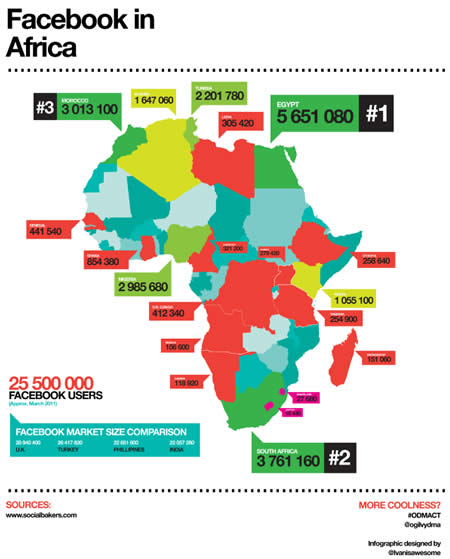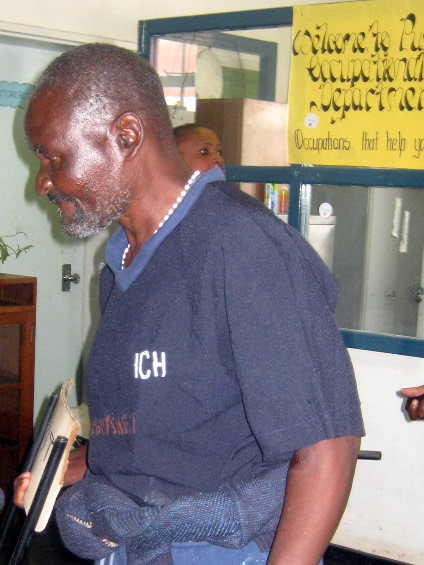I had a lengthy chat the other day with a senior female politician about wide ranging issues and wondered why the country is in such a mess when there are people like her – and no doubt many others – whose passion for a better Zimbabwe is up there with ordinary men and women of goodwill who toil each day wondering where the kcuf we are going thirty one years on. She went beyond the usual calls for women’s empowerment, gender parity, the usual stuff one would hear from politicians and some such types.
The 21st century is full of gender-bending/gender-mending cliches and contradictions, and I heard it even from Zanu PF’s Aeneus Chigwedere on national television the other night: educate a woman and you have empowered the nation, and sure the women in the audience clapped till their palms hurt. But then with some folks, you know they don’t always mean what they say: three decades is long enough to know someone, ask folks married for that long.
From the despair of the female politician about the long tortuous journey not only to break the glass ceiling but also good governance, better, cheaper sanitary hygiene it struck me she mentioned that if women’s progress in Zimbabwe is to leave a lasting imprint for generations to come, why not start this enlightenment, empowerment, future female politician, gender parity crusade in centres of higher learning; that is, the university and tertiary institutions where young bright females can be encouraged to take up issues that will prepare them for future participation in shaping national policy and issues of governance.
While some female politicians cut their teeth in the bush before independence and others in trade unionism after independence, what contemporary social circumstances and institutions present that opportunity for the continuity of female political participation on a national level? Tertiary institutions right? Of course it made sense. And then I read on these pages a sad if not bitter letter from a female student in one of the country’s tertiary institutions about her experience with sanitary hygiene.
This is an issue the female politician spoke passionately about concerning how women in Zimbabwe continue being humiliated, as Neanderthal male politicians still dismiss it as an issue that does do not demand street protests! This is exactly what that obviously bright young woman – the letter writer referred to here – was raising in her ire that she says almost saw her leaving a used sanitary pad outside the principal’s office as a form protest.
In the end one has to ask: how do the policy czars balance their calls for women’s participation in portfolios of national relevance when the same young women are denied the conditions that will prepare them for that ascendance? The world – and indeed Zimbabwe – is full of contradictions. One has to wonder what it will take to take anyone who stands on a pedestal and purports to speak for humankind’s greater good. Some would say it is such appalling conditions that will spur them into politics as they are driven to change and better women’s lot not from the couch but from the trenches like their sisters in the bush and later in the trade unions. But then that could well be empty theorizing.
As said by the female politician, young females who have an opportunity to go to university will forever be interested in getting their degrees, then a job with some NGO and just say “kcuf politics” as long as there is no seriousness in addressing issues like what she [and that student and many others] remains passionate about: sanitary hygiene.











